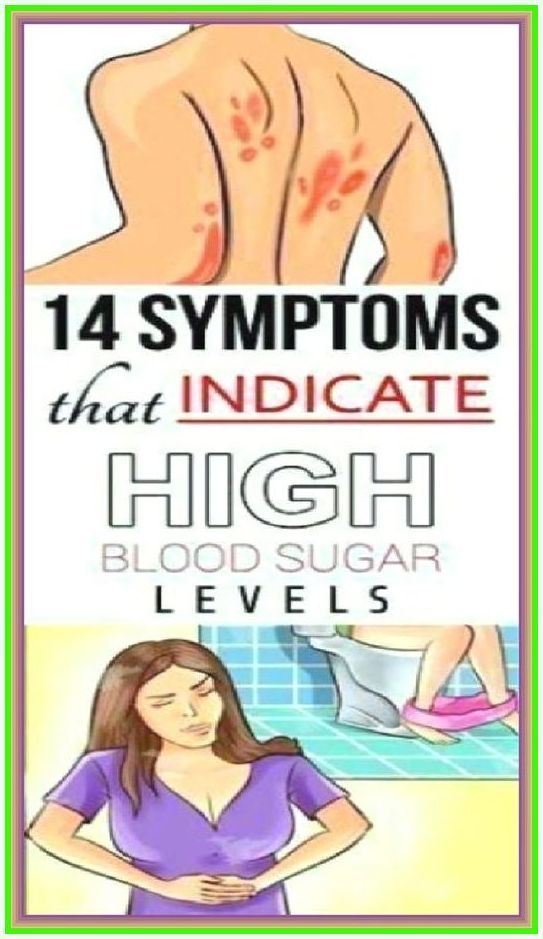Anal cancer is a relatively silent disease and its early signs may not be obvious, but awareness of them enhances the chances of early detection and successful treatment. Here are five early warning signs of anal cancer that you shouldn’t be embarrassed to talk about:
- Bleeding from the anus: one of the initial signs that should not be ignored. Bleeding may be slight and may be observed on stool or on hygiene paper. Not every bleeding is an indication of cancer, as it can be caused by hemorrhoids or anal fissures, but it is important to consult a doctor to determine the cause.
- Changes in bowel habits: These changes include persistent diarrhea or constipation, a change in stool consistency, or a feeling that the bowel has not been completely emptied. This may be due to many reasons, but noticeable and persistent change requires medical evaluation.
- Pain or pressure in the anal area: Feeling pain or discomfort may be a warning sign. The pain can be constant or intermittent, and may be accompanied by a feeling of a lump or pressure in the area.
- Itching or skin changes around the anal area: Skin changes such as itching, hyperpigmentation, or blisters can be early signs. In many cases, these symptoms may be the result of less serious conditions such as fungal infection or eczema, but they should be examined carefully.
- Lumps or swellings in the anal area: The presence of lumps may be the result of swollen glands or tumors. Some people can feel these lumps when touching the area or even without touching.
- It is important to emphasize that these symptoms can be the result of health problems other than anal cancer. For this reason, you should not wait or feel embarrassed to consult medical professionals as soon as you notice any of them. Early diagnosis can increase the possibility of successful treatment and reduce complications.
Routine examination and periodic follow-up play an important role in preventing anal cancer. Communicating with a doctor and conducting the necessary tests can contribute to early detection of any health problems and their effective management.



